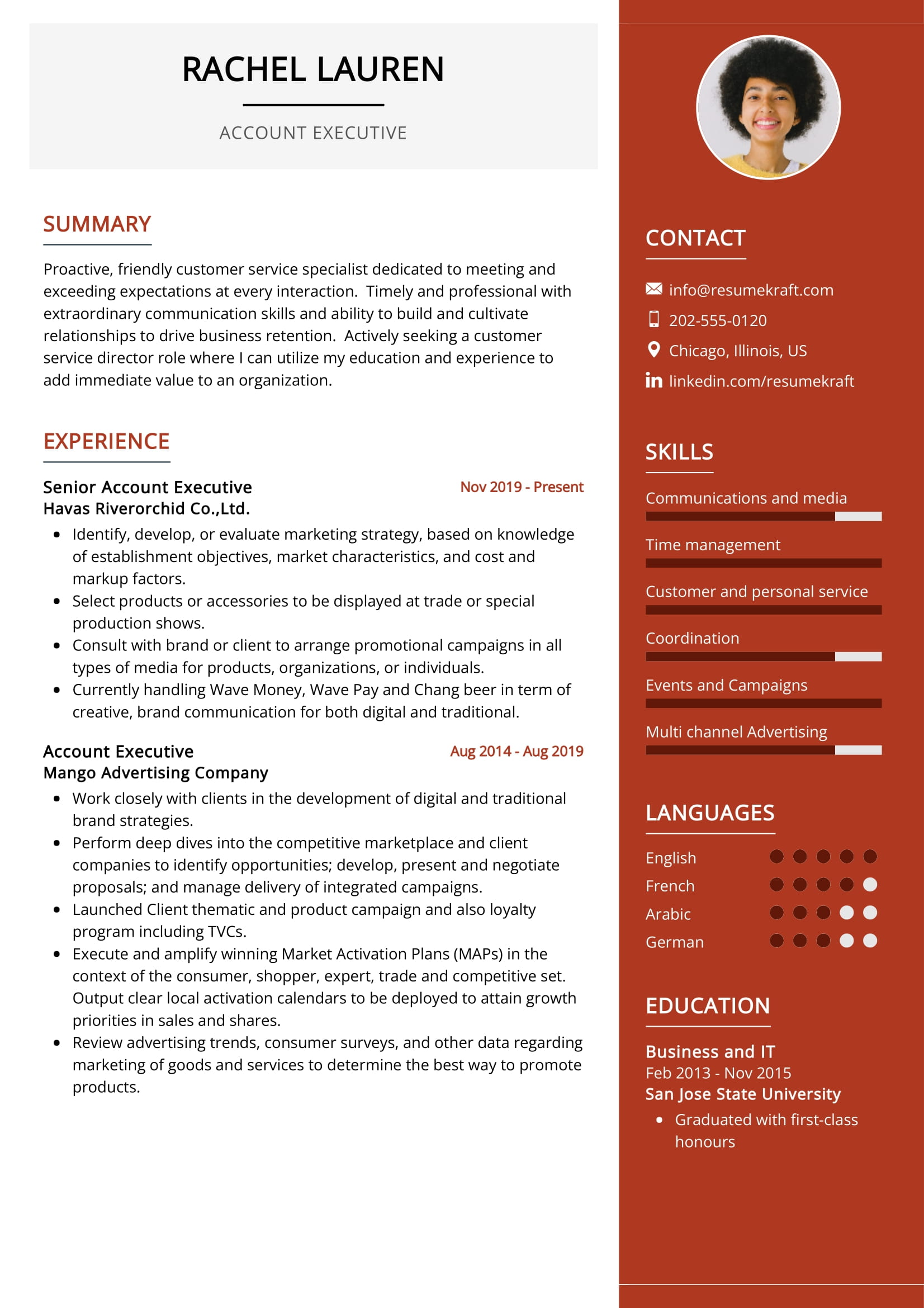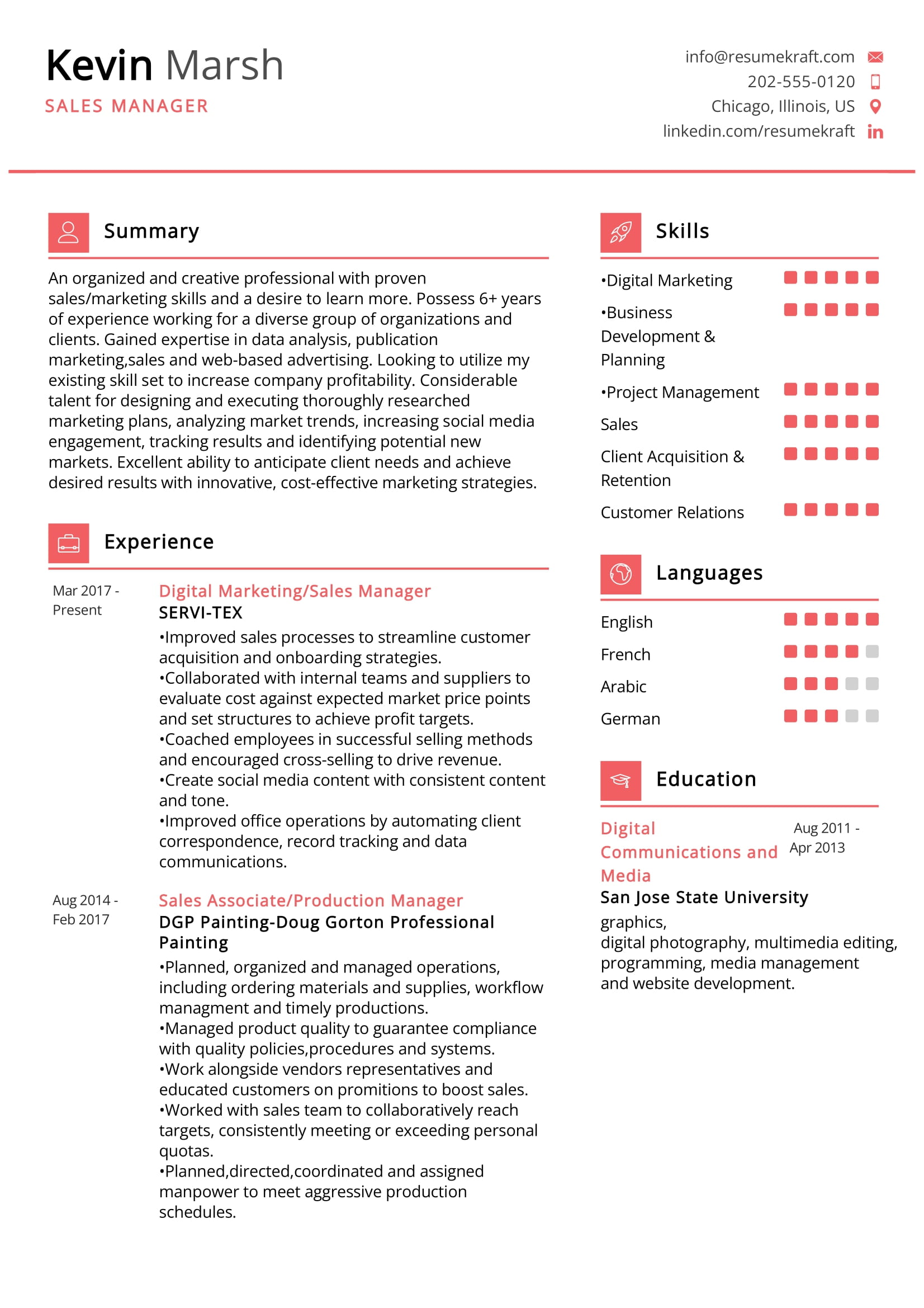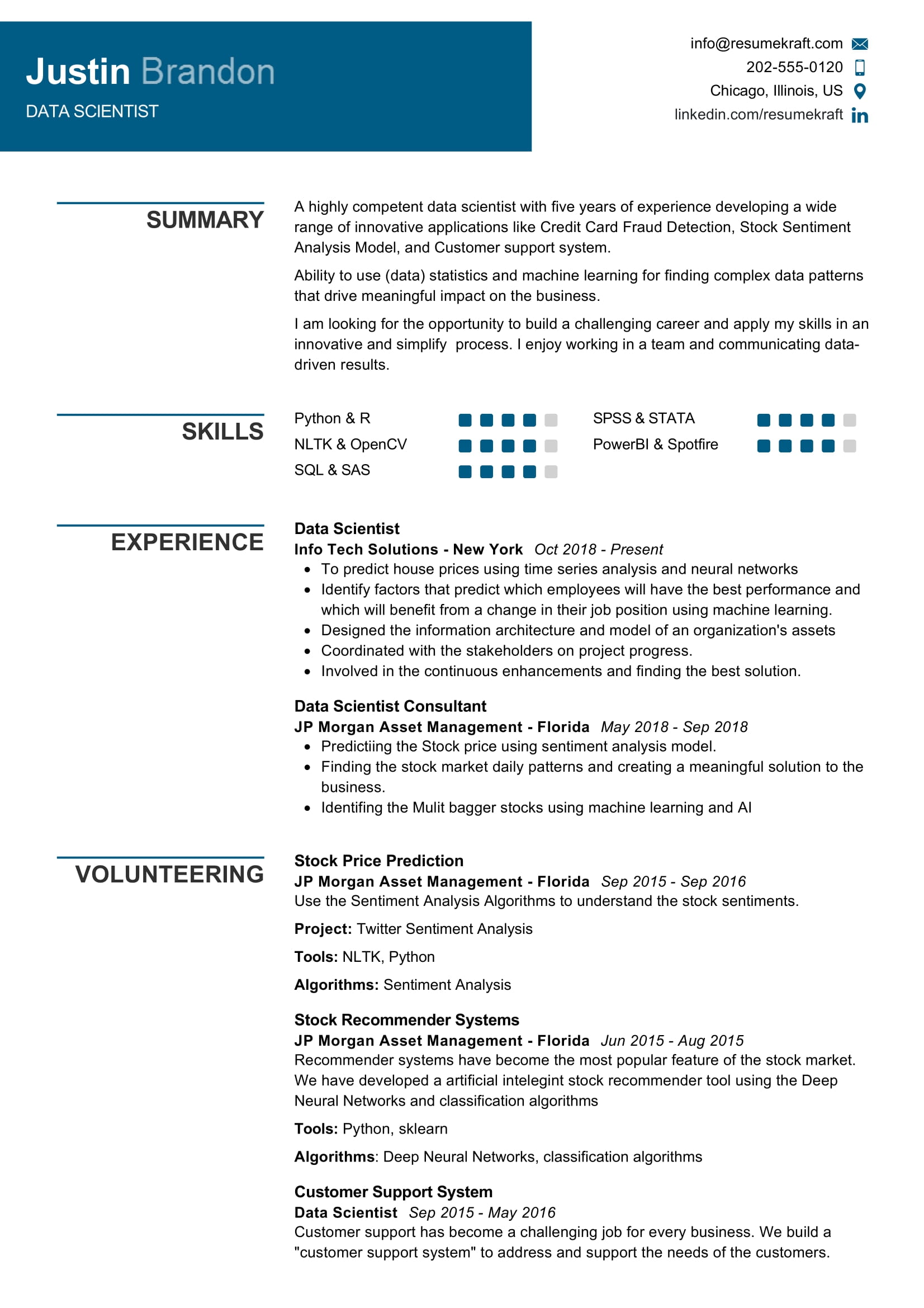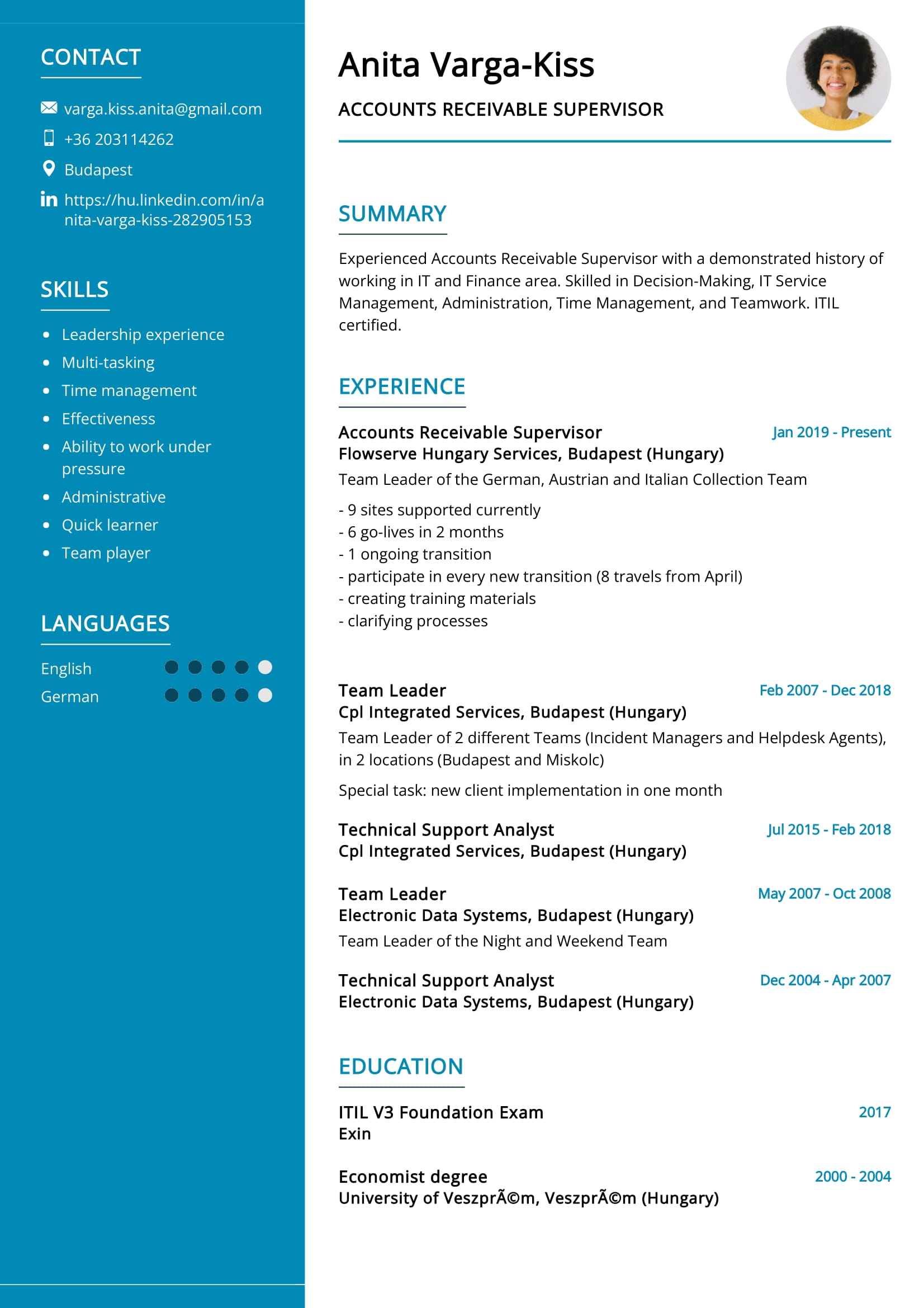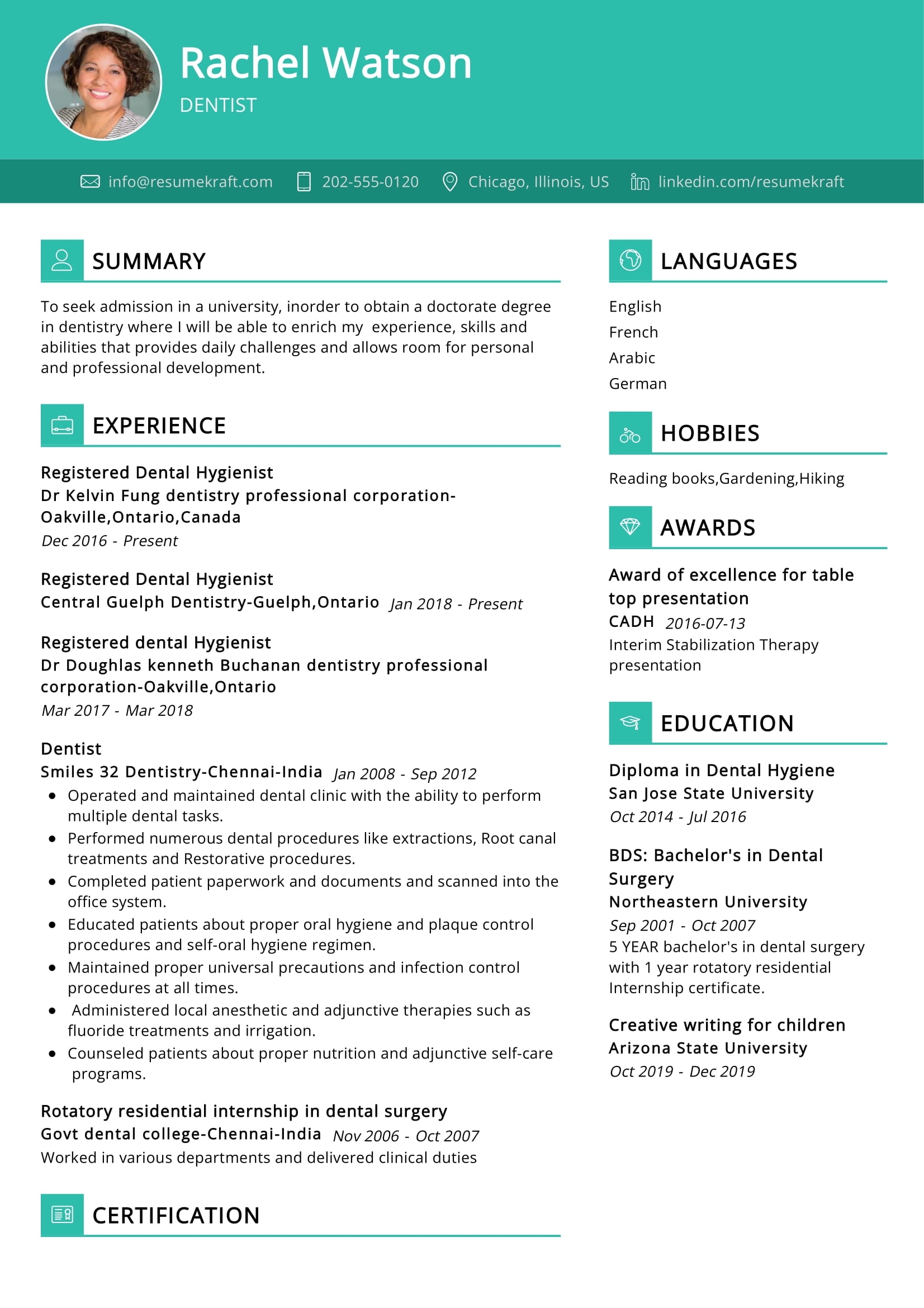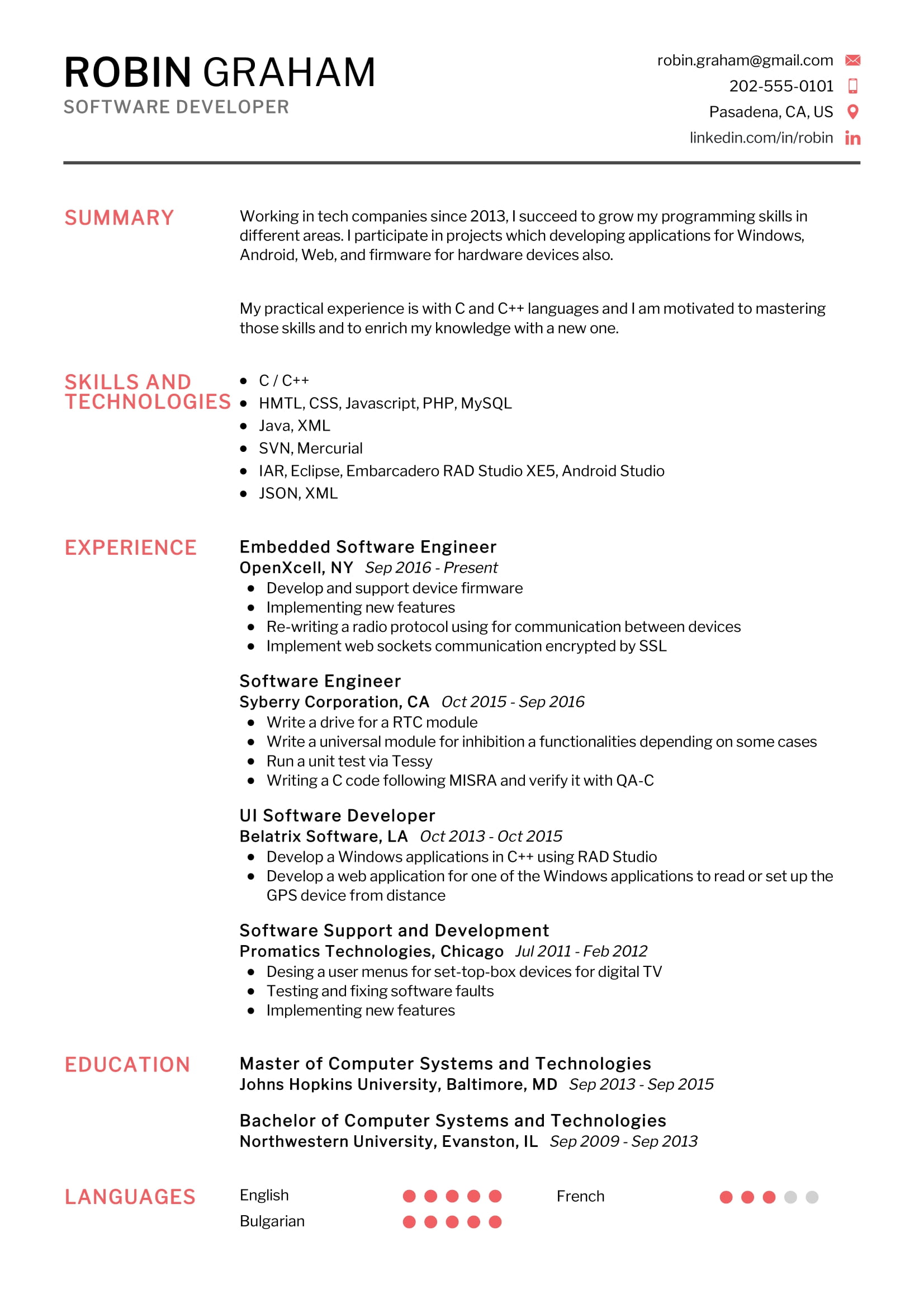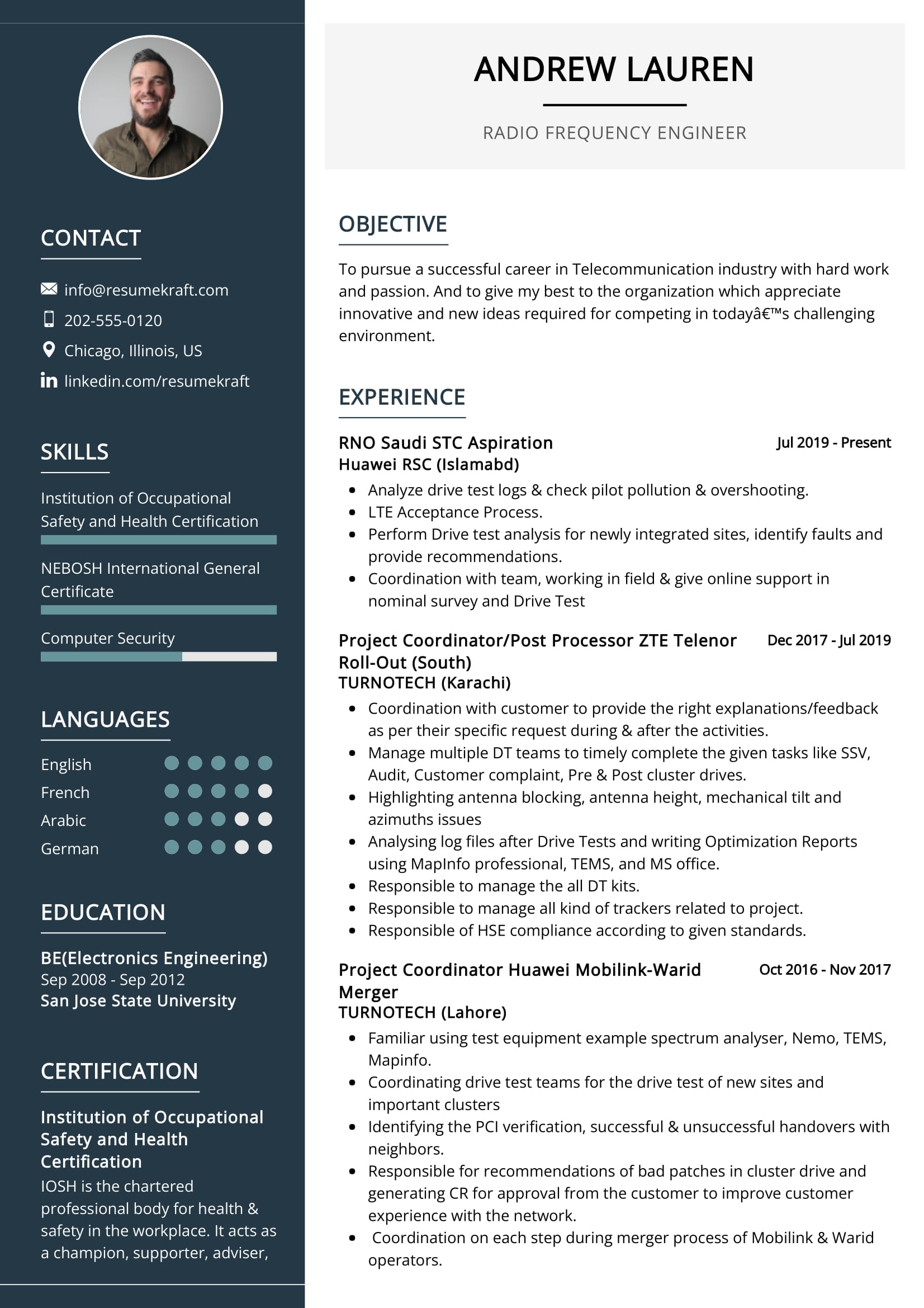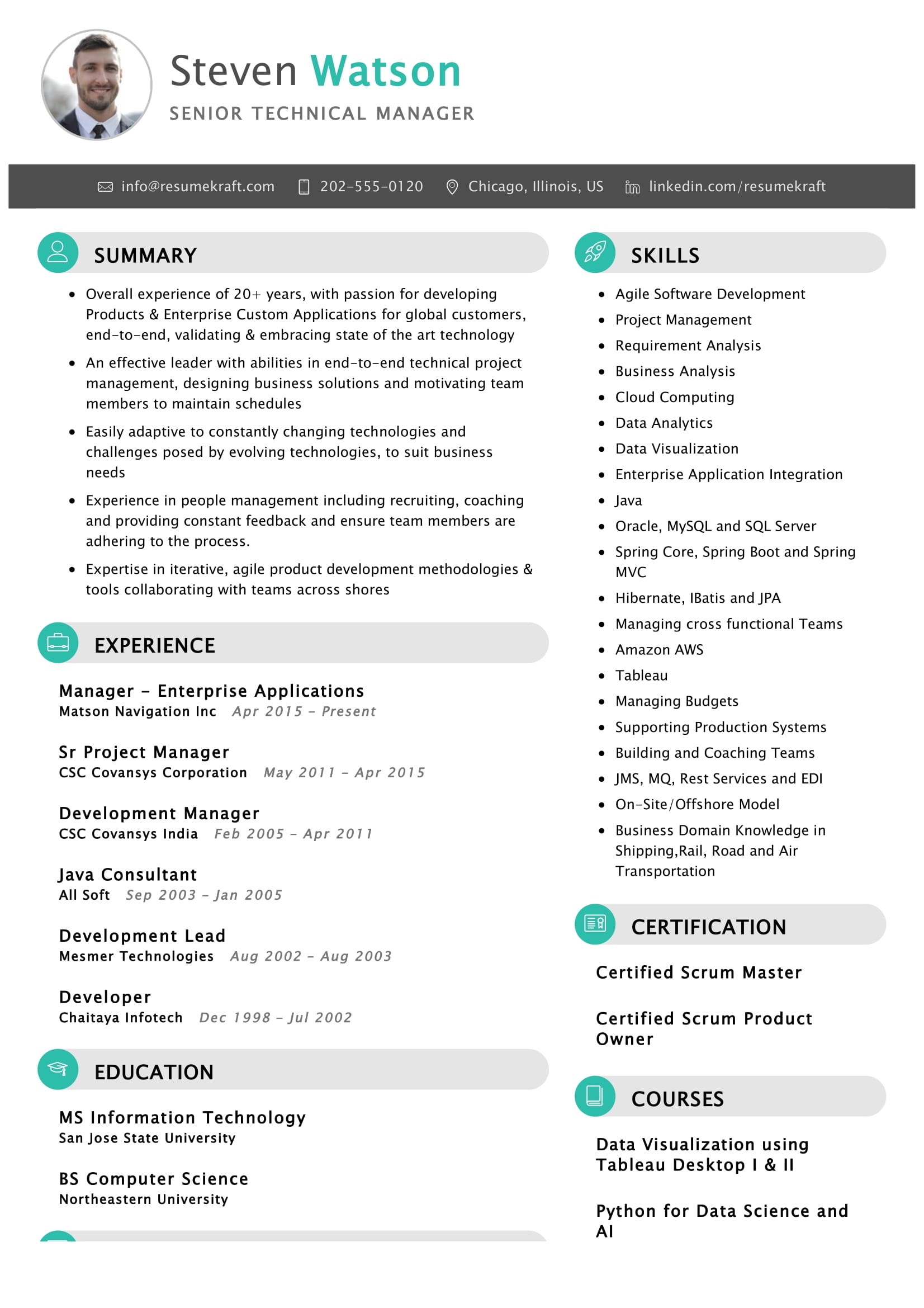
How to Make Your Resume Stand Out from the Competition
When it comes to your resume, are you just another face in the crowd? In today’s job market, it’s not enough to have a resume that simply lists your experience and education. You need a resume that will make you stand out from the competition and get you noticed by potential employers.
So, how do you make your resume stand out? Here are five tips:
- Highlight Your Skills and Achievements When crafting your resume, be sure to highlight your skills and achievements. What are you good at? What have you accomplished in your previous roles? These are the things that will make you stand out from the rest.
- Use Keywords When potential employers are searching for candidates, they will use specific keywords. Make sure your resume includes these keywords so you can be sure to pop up in their search.
- Tailor Your Resume When you’re applying for a specific job, be sure to tailor your resume to that role. Highlight the experiences and skills that are most relevant to the position you’re applying for.
- Tell a Story Your resume should tell a story about who you are and what you’ve accomplished. Use it as an opportunity to showcase your personality and give potential employers a sense of who you are.
- Keep It Short and Sweet Your resume should be clear, concise, and to the point.
Potential employers don’t want to read a novel – they just want to know
How to make your resume unique
There are a few key things you can do to make your resume stand out from the competition. First, make sure to tailor your resume to the specific job you are applying for. This means highlighting the skills and experience that are most relevant to the position.
Second, try to use more compelling and interesting language to describe your skills and experience. This will help to catch the reader’s attention and make your resume more memorable. Finally, consider adding some additional sections to your resume that will help to set you apart from other candidates. For example, you could include a section on your volunteer work or relevant hobbies and interests.
Including information like this can help to demonstrate your dedication and commitment to the role you are applying for. By following these tips, you can make your resume stand out from the rest and increase your chances of landing your dream job.
It’s no secret that there is a lot of competition out there when it comes to finding a job.
It’s no secret that there is a lot of competition out there when it comes to finding a job. With so many people looking for work, it can be hard to stand out from the crowd. One way to make your application stand out is to have a strong resume.
Your resume is your first chance to make a good impression on potential employers. It should be clear, concise, and free of any errors. Be sure to include relevant skills, experience, and education. If you have a strong resume, you’re more likely to get an interview.
The interview is your chance to show the employer that you’re the best candidate for the job. Be prepared to answer questions about your qualifications and experience. Be honest, and be yourself. The employer is looking for someone who will be a good fit for the company, so don’t try to be someone you’re not.
Use clear and concise language
Use clear and concise language to communicate your message effectively. Be sure to proofread your work for errors before sending it out. When writing a resume, it is important to use clear and concise language to communicate your profile effectively. This means that you should take the time to proofread your work for any errors before you finalize it.
By doing this, you will ensure that your recruiters can understand your message and that they will be able to take away something from your resume. It can be helpful to think about your target employers when you are writing a resume. What are they interested in? What kind of skills do they use/want? By keeping your target employers in mind, you can more easily write a resume that will be relevant to them. If you are having trouble coming up with ideas for a resume draft, try brainstorming with a friend or colleague. Once you have a few ideas, sit down and start writing.
Don’t worry about making it perfect at first – you can always go back and edit your resume later. The important thing is to just get started and see where your ideas take you.
Highlight your accomplishments
If you want your resume to stand out from the competition, you need to make sure that your accomplishments are highlighted. You can do this by adding a section to your resume that is specifically dedicated to your accomplishments.
This will allow you to showcase your skills and accomplishments in a way that will make them stand out. Some tips on how to format this section and what to include are as follows: – Use bullet points to list your accomplishments – Include any awards or recognition you have received – Highlight any skills that are relevant to the position you are applying for – Use action words to describe your accomplishments – Quantify your accomplishments whenever possible
Be specific about your skills and experience
When it comes to writing a resume, it is important to be specific about your skills and experience. This means that you should avoid general statements and focus on describing your specific qualifications. In addition, you should avoid using clichés or buzzwords. Instead, use language that is clear and concise. Finally, be sure to proofread your resume before you submit it. This will ensure that there are no errors or typos.
Tailor your resume to each job you apply for
When you are applying for jobs, it is important to tailor your resume to each position you are applying for. This means that you should highlight the skills and experience that are most relevant to the job you are applying for. For example, if you are applying for a job as a web developer, you should highlight your experience with coding and web development tools.
If you are applying for a job as a salesperson, you should highlight your experience with customer service and sales. By tailoring your resume to each job you apply for, you are more likely to stand out from the competition and be considered for the position.
proofread your resume
When you’re applying for jobs, it’s important to make sure your resume is error-free. This includes typos, grammatical errors, and factual inaccuracies. Proofreading your resume will help you avoid any potential red flags that could cost you the job. To proofread your resume, start by reading it out loud. This will help you catch any errors you may have missed when reading it silently.
Then, use a grammar checker to check for any grammatical errors. Finally, ask a friend or family member to read your resume and give you feedback. Proofreading your resume is a vital step in the job application process.
By taking the time to do this, you can be sure that you’re putting your best foot forward and increasing your chances of landing the job you want.
Planning to Write a Resume?
Check our job winning resume samples
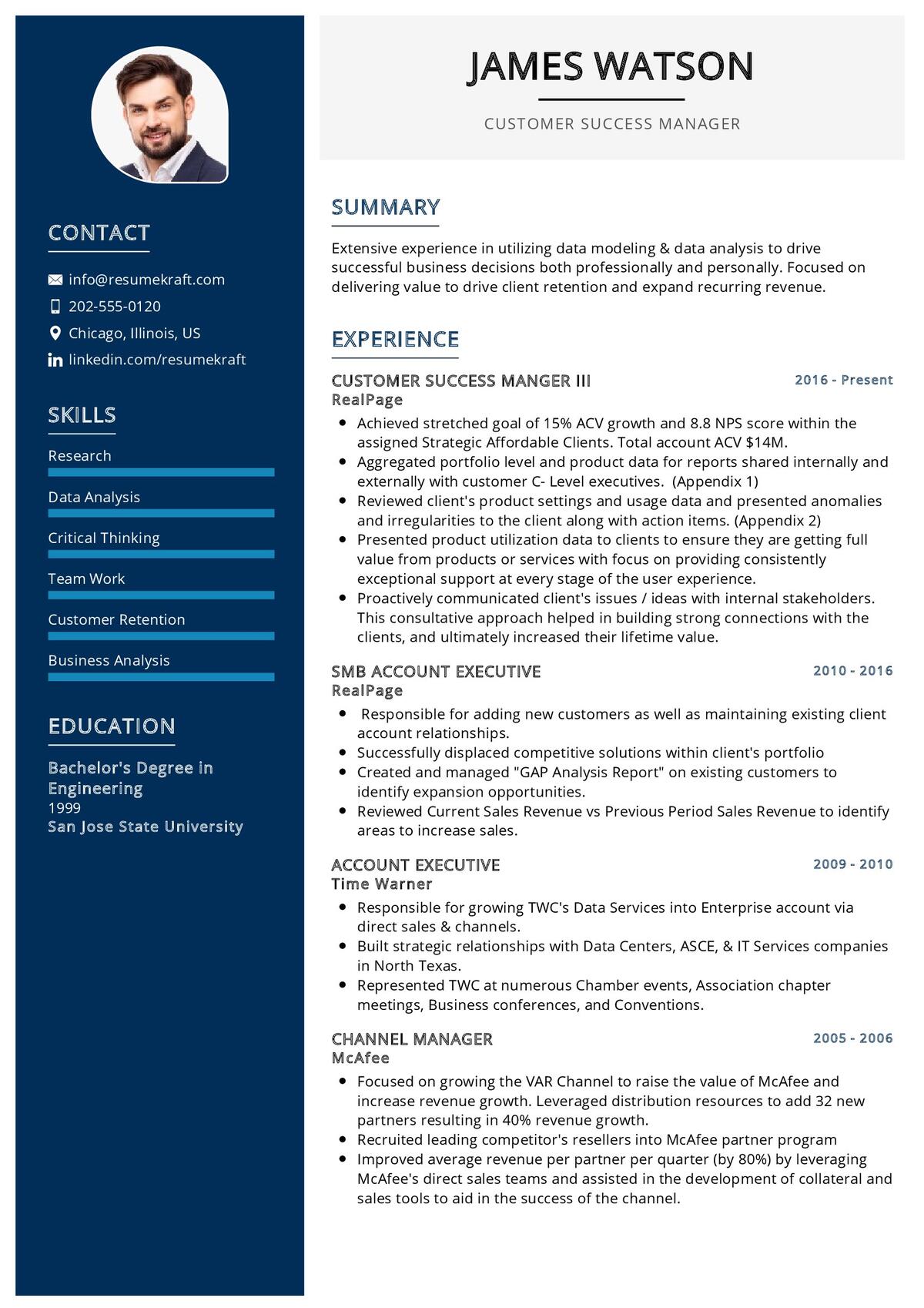
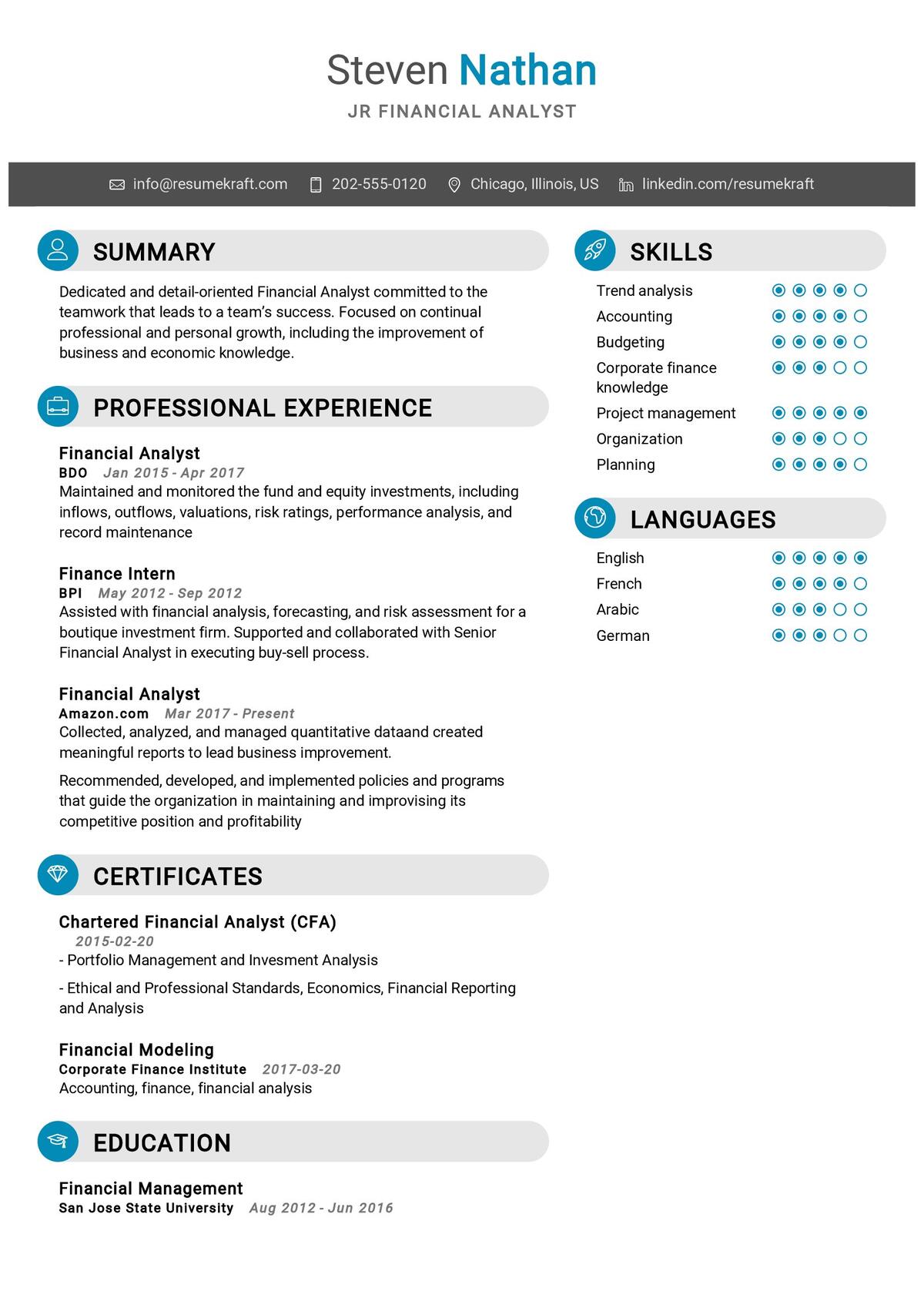
Frequently Asked Questions
The best way to make your resume stand out is to use action words to describe your accomplishments and include details that show how you made a difference in your previous positions. You should also focus on highlighting your skills and experience that are most relevant to the job you are applying for.
Some ways to make your resume more attractive to employers include using a cleaner and simpler design, including only relevant information, and proofreading your resume for errors. You can also make your resume stand out by Tailoring it to each specific job you apply for.
Some common mistakes people make on their resumes include including irrelevant information, using too much technical jargon, and making typographical errors.
You can avoid making these mistakes by only including relevant information, using clear and concise language, and proofreading your resume before you submit it.
Some ways to make sure your resume is the best can include using action words to describe your accomplishments, including relevant information, and proofreading your resume for errors.
Conclusion
When you are writing your resume, it is important to remember that you are competing with other job seekers for the attention of the hiring manager. In order to make your resume stand out from the competition, you need to focus on creating a document that is clear, concise, and easy to read. In addition, you should highlight your most relevant qualifications and achievements.
Finally, be sure to proofread your resume before you submit it to the employer. By taking these steps, you can be sure that your resume will be noticed and that you will have a better chance of landing the job you want.
Recommended Reading:









